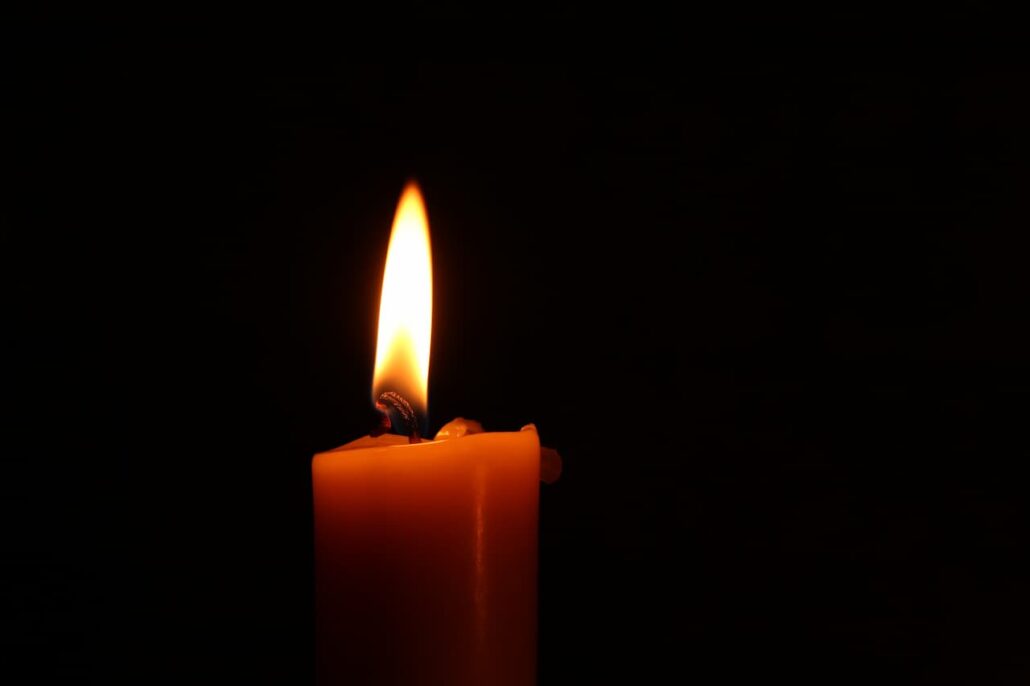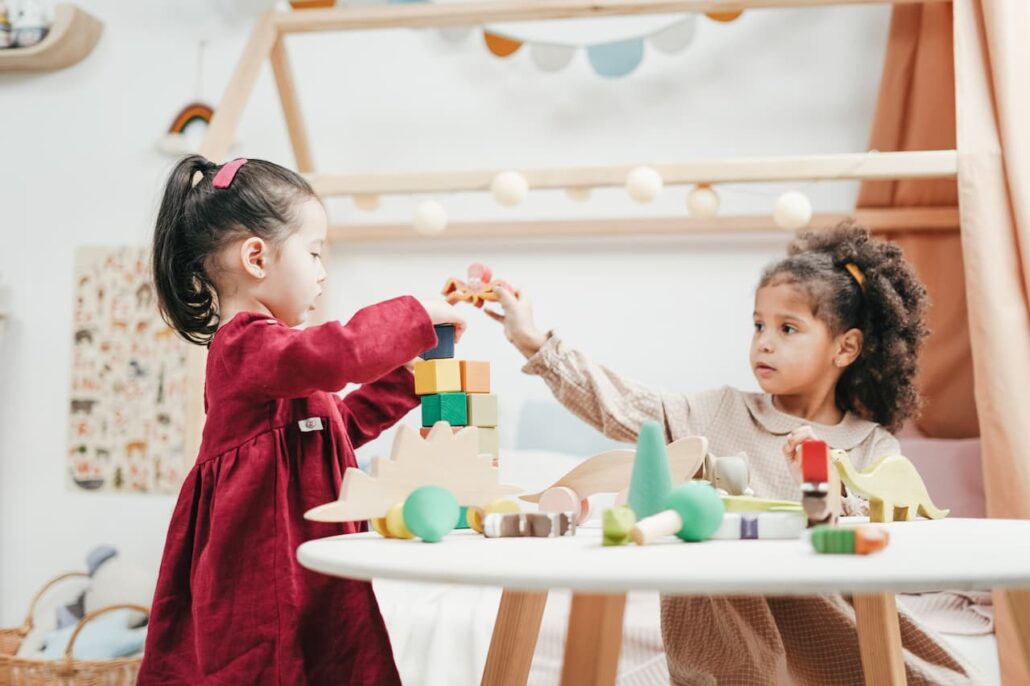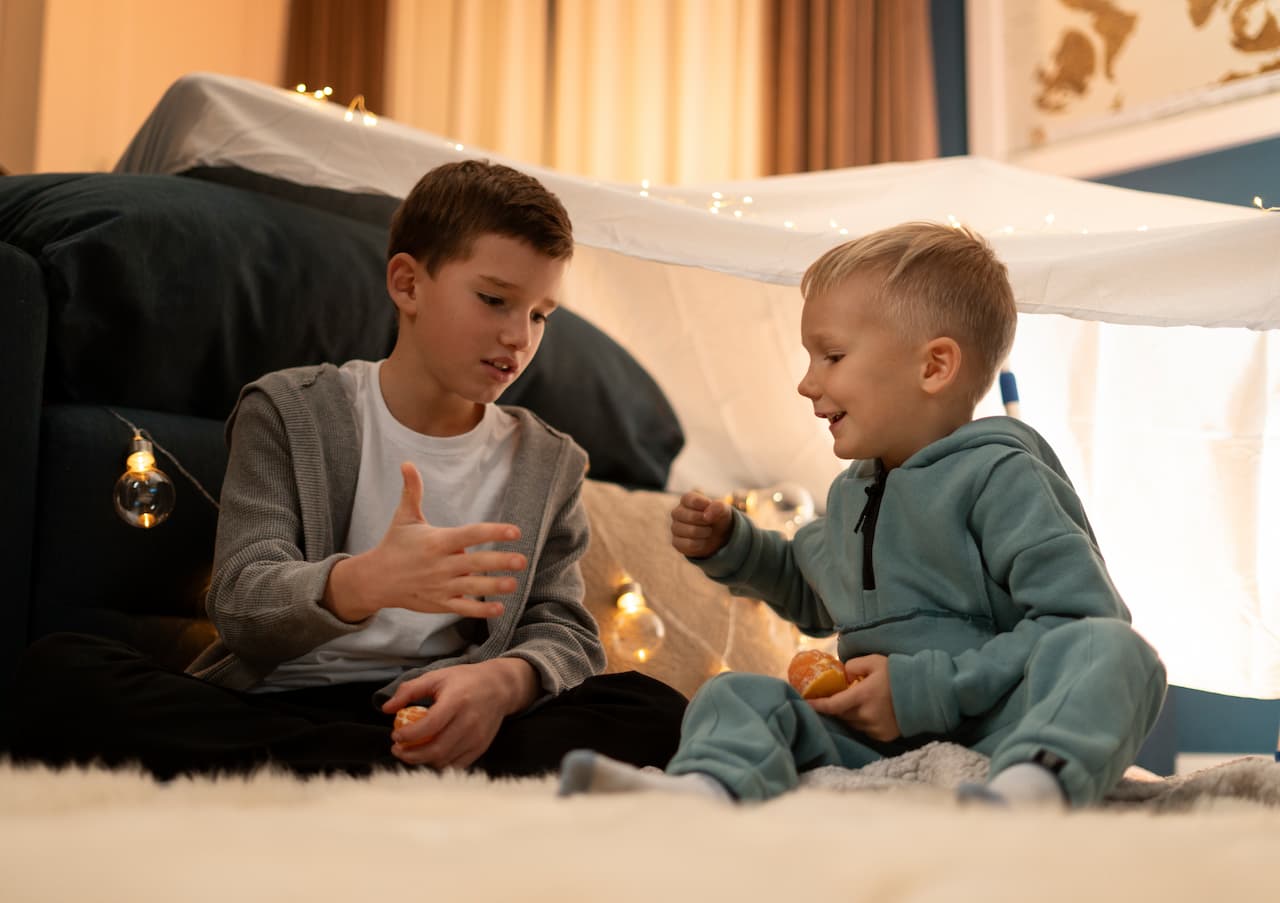Teaching children fire safety is one of the most important tasks for parents. It is possible to achieve fire safety in the home by following some rules. To avoid the spread of fire, keep the following tips in mind:
– All appliances used in the home should be in good working order and should not have damaged or worn cables or plugs. If you rent a home, be sure to check with your landlord about the availability of appliances and their condition.
– Do not plug many different appliances into the same outlet. Instead, distribute appliances around the house by plugging them into different outlets.
– When using an extension cord, do not count on its absolute safety. This item quite often leads to a fire and can cause appliances to become electrocuted.
– Always use the correct wattage bulbs for your light fixtures.
– All outlets in your home and some appliances should have the necessary grounding.
– Using ground fault circuit breakers prevents the spread of fire or electric shock by disconnecting faulty circuits.
– Do not use appliances that spark, overheat, or emit a strange odor. They should be replaced with new ones or repaired at a service center.
– Do not run electrical cables under carpets.
– Lamps and other heated objects should not come into contact with curtain furniture or other textiles.
– Electric blankets should be used with extreme caution.
– It is best for children under a certain age not to use kitchen appliances.
– Any creative or science projects that involve the use of electrical appliances that your child does for school at home should be supervised by you.
– Outlets should be protected from small children.

Smoke detectors and fire alarms
Because many people are at risk of a fire in their home due to neglect of their own safety or negligence in supervising a child, homes should be equipped with the proper safety devices. This can be especially true in a child’s room. Since parents often install slides, playground for home covered with flammable paints and varnishes in it, the installation of smoke detectors is a must. This is the most important step, allowing you to detect a fire in time and take the necessary steps to ensure the safety of your family.
How to use smoke detectors:
– Possible fire alarms should be installed on every floor of the house and in every bedroom;
– Lithium battery alarms will last the longest (about 10 years);
– If your alarm works with regular batteries, remember to replace them in time. This should be done annually. Also, be sure to ask when the batteries in the sensors were last replaced if you live in a rental apartment;
– Every month you should check the smoke alarms and teach your children what they sound and what to do if they do;
– because smoke always rises upwards, smoke detectors should be placed on the ceiling or high on the wall;
– If a smoke detector goes off while you are cooking in the kitchen, open the doors and windows to air out the room instead of removing the battery from it. If you remove the battery, remember to replace it;
– A sprinkler system may be relevant if you are building a new house or renovating an old one.
Heaters
Portable heaters have a special place among dangerous electrical appliances. When using them, it is imperative that you follow these rules:
– Before plugging into an outlet, make sure that the appliances have no visible signs of damage and can be used safely;
– the heater should be placed in a location where it cannot be knocked over;
– the heater should not be placed too close to any surface, especially a bed;
– newspapers, magazines, clothing, shoes, and other flammable items should be placed at a safe distance from radiator heaters and fireplaces;
– the distance from the heater to a flammable object must be at least 3 feet.
Kitchen appliances
Home fires in the United States often occur during cooking. Causes may include factors such as:
– Leaving food on the stove in the oven or microwave unattended;
– Spilling grease, alcoholic beverages or other flammable substances;
– catching fire in a toaster or toaster oven;
– A coffee pot left unattended.
Ovens, cooking stoves and grills, as heat sources, must be operated with extreme caution:
– children should not be around or playing while cooking;
– clothing that is too loose should not be worn as it may accidentally catch fire when in proximity to the oven;
– appliances should be positioned so that they cannot be knocked over.

Fireplaces
Fireplaces should always be kept clean and a protective screen should be used to keep sparks out of the surrounding area. Only wood should be used to kindle the fireplace, since paper and other such materials can fly out of it in a draft and cause objects nearby to catch fire.
Fire in the fireplace should never be left unattended. Before going to bed or leaving the house, you should check that the fire is completely out. Periodically, at least once a year, quality chimney cleaning should be performed.
Cigarettes
Smoking is the most common cause of fire deaths in North America, according to the National Fire Protection Association. It kills about 1,000 people each year. Most fires are caused by ashes or cigarette butts that are accidentally dropped on couches, carpets, and other objects.
If you smoke, be sure to follow these rules:
– Be careful when smoking while sitting on upholstered furniture;
– never smoke while lying in bed;
– Make sure your cigarettes are completely out before you throw them in the trash.
Matches and Lighters
Many children like to play with matches. This is a major cause of injury or death related to fires for children under 5 years of age.
Therefore, matches and lighters should always be out of the reach of small children.
Gasoline, kerosene, cleaning fluid and other flammable substances and materials should be kept out of the house and away from children.
Candles
The use of candles requires caution:
– Keep candles out of the reach of children as well as pets;
– candles should not be placed close to curtains or furniture
– Older children should not use candles in their room without parental supervision.

Conclusion:
Always keep your family safe. By teaching your children the rules of fire safety, you can achieve the best protection for them.
